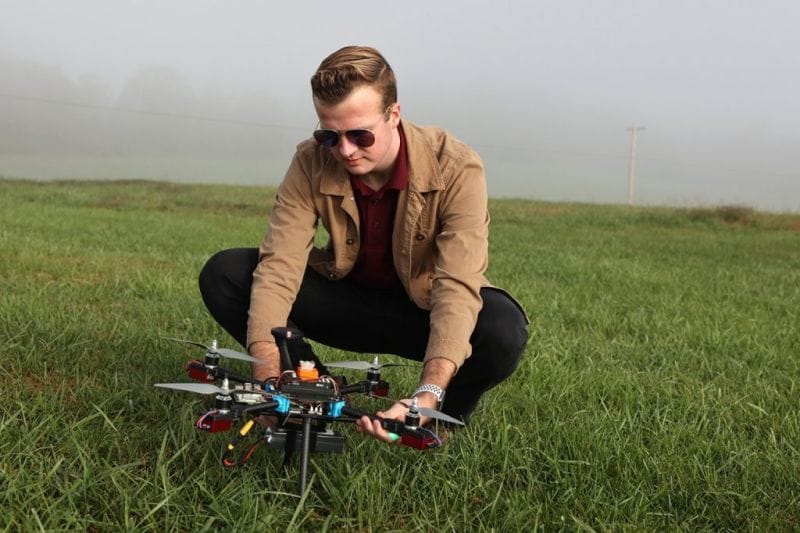RSS Feed Source: Academic Keys
The Acquisition Innovation and Research Center (AIRC) is seeking a highly motivated individual in the greater Washington D.C. Area to join its research team as a Research Scientist to support highly technical research and project related activities under the direction of a senior principal investigator to ensure the successful execution of the contract project.
Responsibilities
• Participate in the conceptual formulation of multi-level models of complex enterprises to support computational policy exploration and analysis by defined user groups.
• Lead design of a computational architecture to embody multi-level enterprise models, first focused on use experience (UX), then user interface (UI), and then functional requirements
• Lead development and test of multi-level computational enterprise models, including creation of interactive visualizations for large-screen portrayals to support group interactions.
• Participate in empirical evaluation of the usability and usefulness of interactive models for group support and preparation of reports, conference papers,
Click this link to continue reading the article on the source website.


